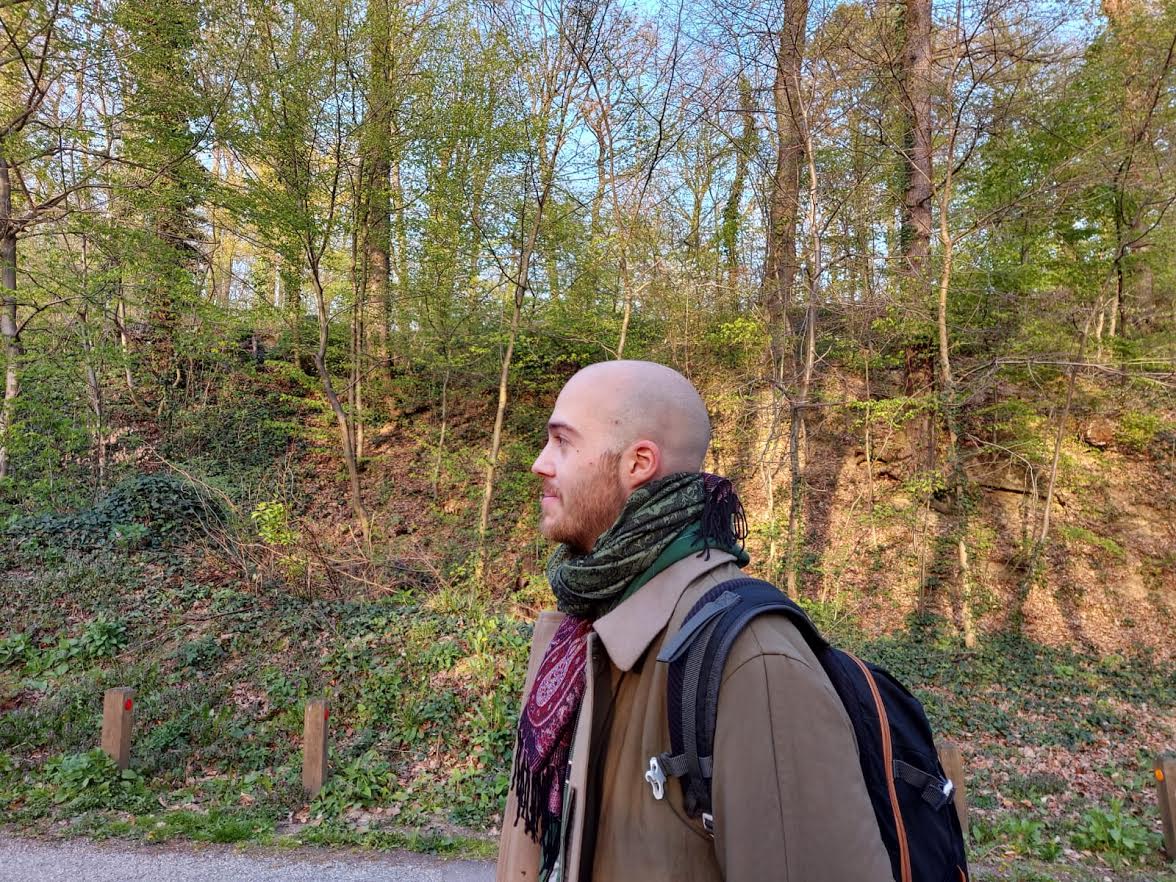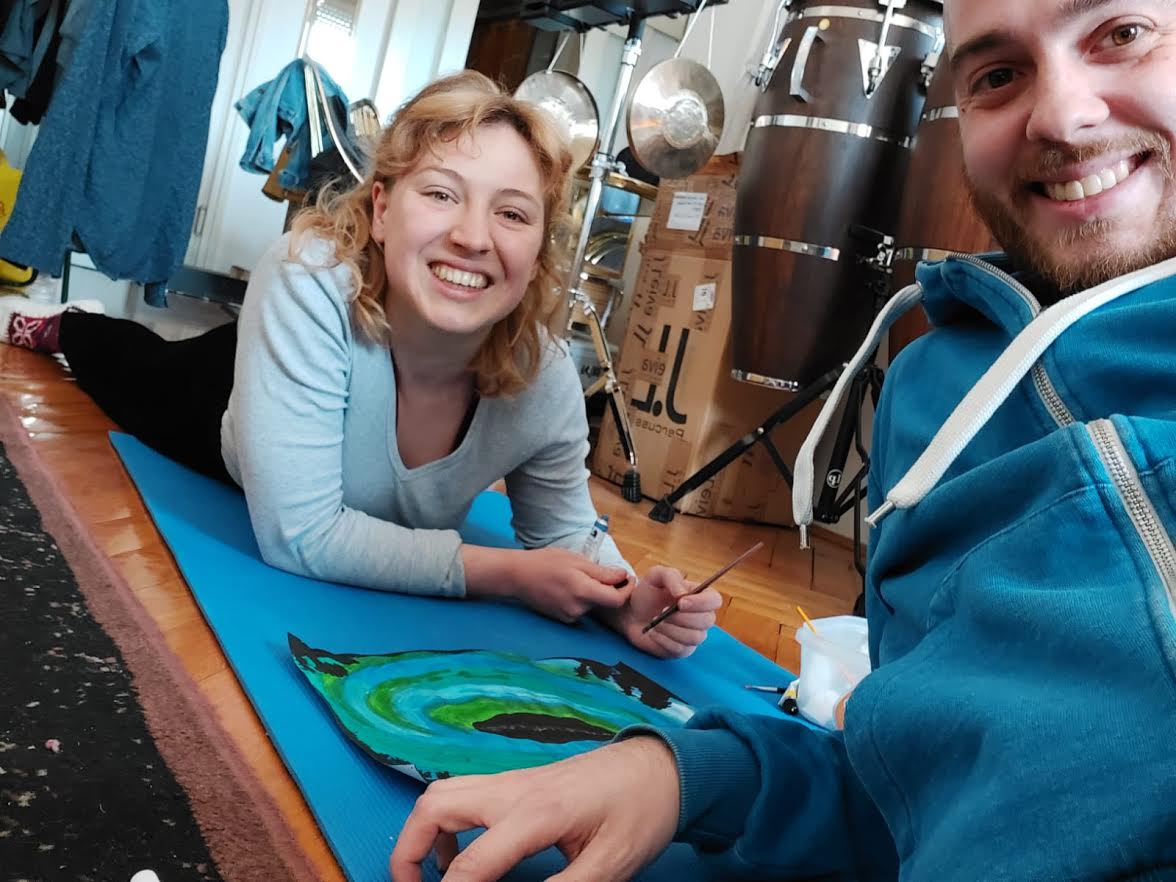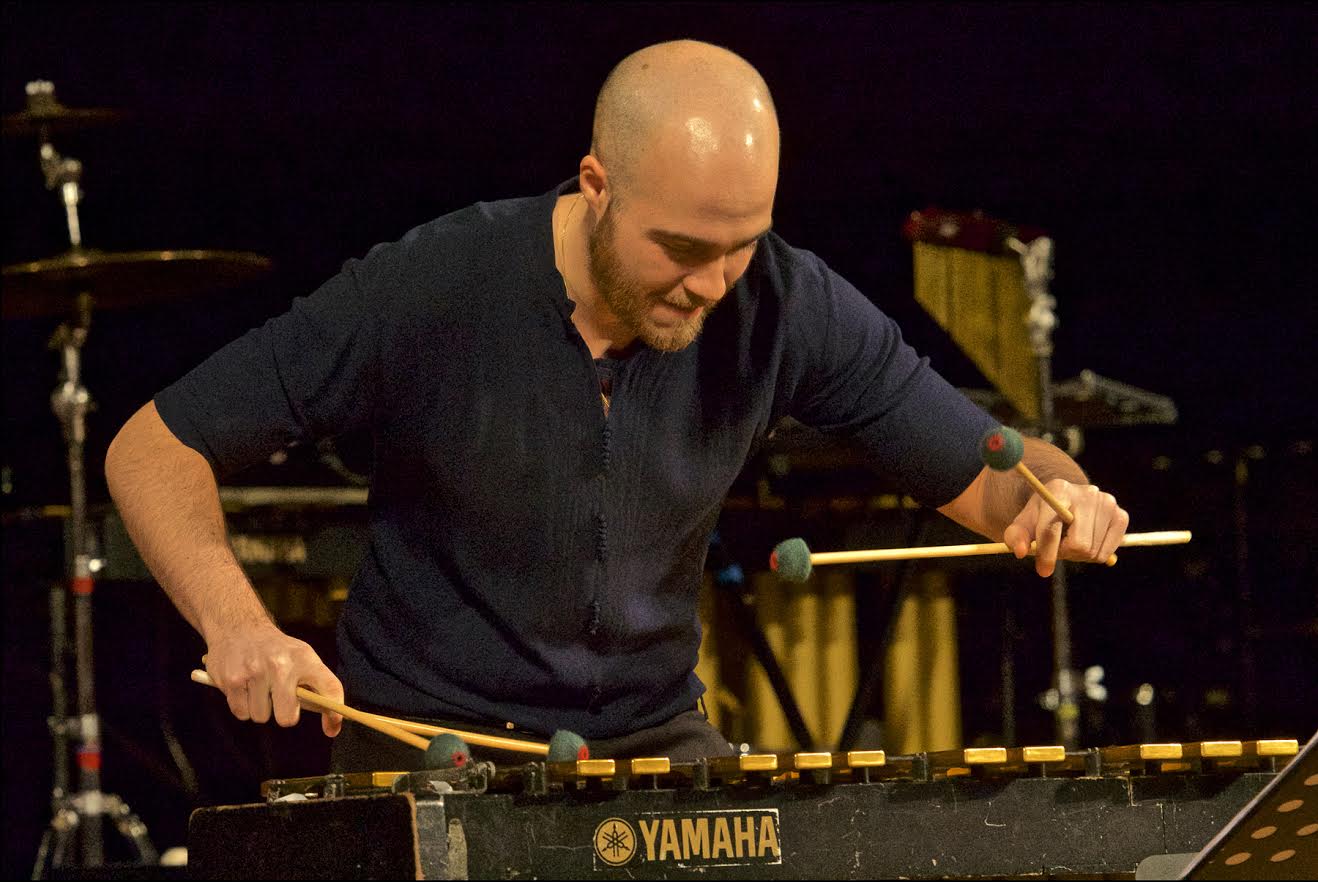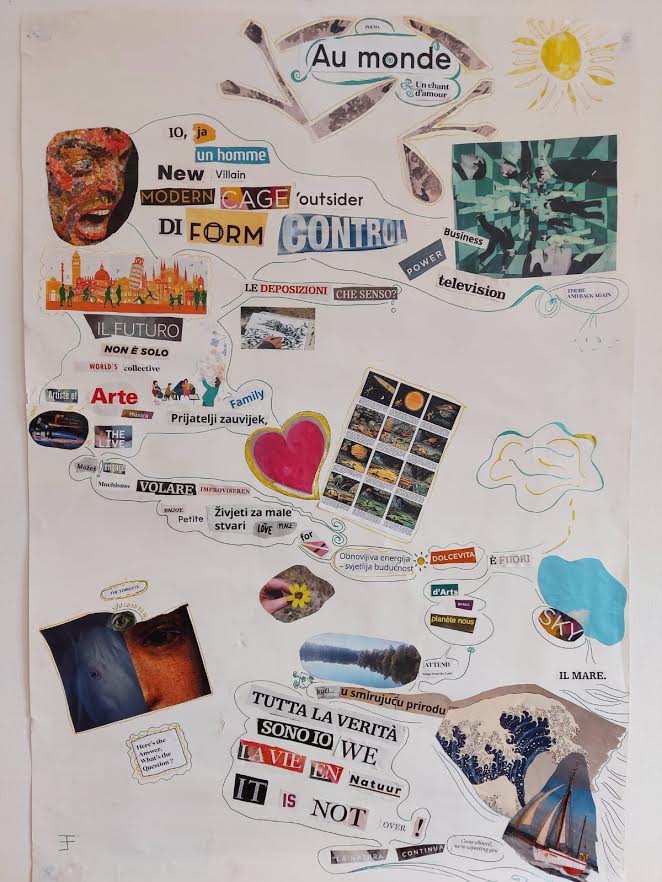April 12, 2020 - Do foreigners in Croatia feel more or less safe sitting out COVID-19 here than in their home country, and what are their experiences? A new series on Total Croatia News, with Francesco Mazzoleni from Italy in Zagreb as the 38th contributor.
Oxford University recently published some research on government responses to coronavirus which showed that Croatia currently has the strictest measures in the world. While inconvenient, this is a good thing in terms of reducing the spread of the virus, and I am certainly not alone in my admiration of the official Croatian handling of this crisis in recent weeks, both in terms of action and communication.
But what do other expats here think? And how does it compare with the response in their home country? Would they rather sit this one out here or there? A new series on TCN, we will be featuring expats from all over the world to see what their views are on life in corona Croatia rather than back home. So far we have heard from expats in Croatia from Romania, USA, Ireland, UK, Mexico, Argentina, Spain, Singapore, Holland, Canada, India, Hong Kong, Venezuela, Latvia, China, Honduras, Hungary, Moldova, South Korea, Japan, the Philippines and Germany. Next up, Francesco Mazzoleni from Italy in Zagreb.
Francesco actually contacted us for another reason, as well as offering us something beautiful, which you can see below, before happily agreeing to become the first Italian in this popular series.
Hi,
I'm writing to you because I am following your news and I like the way you write, but this last period we are all the time bombed with news about corona. I'm an Italian percussionist working in Zagreb and I am sending you the last video my colleague and me released with our percussion duo, in case you want to talk of something else. :)
Beautiful! Thanks Francesco. Now tell us how things are with you.
Firstly, how are you? Are you alone/with someone? Tell us a little about your situation and sanity levels.
I'm good, I'm lucky to be able to spend this time with my girlfriend in my apartment in the center of Zagreb. I'm a percussionist of the Symphonic orchestra of the radio and television (HRT) and the thing I'm suffering the most in this period is the fact of not being able to make music as we were used to.
For this reason, I decided to change my musical routines to arranging new music for my percussion duo and contacting composers from Italy to start a project of new music for our duo, to use this period as an opportunity for creativity.
Besides this I'm spending a lot of time exploring new things, such as cooking as never before, films, painting, listening to music, reading and practicing yoga every day helps to keep me sane and discover who I am.
When did you realise that corona was going to be a big issue?
I realized it was going to be a big issue when I saw the numbers raising exponentially in Italy. It's hard to understand what's going on when things happen so fast.
What is your impression of the way Croatia is dealing with the crisis? How safe do you feel?
I think Croatia is dealing with this crisis in the best possible way. Learning from the mistake of Italy of not closing activities and schools when the numbers were still low, Croatia acted on this very early and this is helping to have a low spread of the virus compared to other countries.
I feel safe with the decisions the government is taking.
Now compare that to your home country and how they are handling it. What is Croatia doing better/worse?
Italy, unfortunately, was the first European country that got attacked by the virus and for this reason, the measures of prevention taken were delayed, causing what we are seeing in these days.
Croatia acted on it in time, and the situation here is much better.
What about official communications from the authorities, compared to your home country?
In this aspect I think the authorities of both countries are dealing with it in a good and calm way, taking the situation as it is and giving it the importance it should have.
What's the one thing you wish you had taken with you into self-isolation.
My family and my friends.
One thing you have learned about yourself, and one thing you have learned about others during this crisis.
I have learned where to put the focus in my life. The fact of slowing down the rhythm of actions we do each day, the point of life is to enjoy what we do and feeling a whole with our surrounding whatever and however it is.
About others, I have learned that in a situation of difficulties, we can count on each other and we have to trust others to create a better future together.

Thanks, Francesco. Stay safe and see you on the other side.
TCN is starting a new feature series on foreign experiences of sitting out COVID-19 here in Croatia compared to their home country. If you would like to contribute, the questions are below. Please also include a para about yourself and where you are from, and a link to your website if you would like. Please also send 3-4 photos minimum to This email address is being protected from spambots. You need JavaScript enabled to view it. Subject Corona Foreigner
If you would be interested to record a video version for our partners www.rplus.video please let us know in the email. Thanks and stay safe.
Foreigners Self-Isolating in Croatia: Do You Feel Safer Than in Your Home Country?
Firstly, how are you? Are you alone/with someone? Tell us a little about your situation and sanity levels.
What do you think about the economic measures the government is taking, are they helping your business? (PLEASE IGNORE IF THIS DOES NOT AFFECT YOU)
When did you realise that corona was going to be a big issue?
What is your impression of the way Croatia is dealing with the crisis? How safe do you feel?
Now compare that to your home country and how they are handling it. What is Croatia doing better/worse?
What about official communications from the authorities, compared to your home country?
What's the one thing you wish you had taken with you into self-isolation.
One thing you have learned about yourself, and one thing you have learned about others during this crisis.
TCN has recently become a partner in Robert Tomic Zuber's new R+ video channel, initially telling stories about corona experiences. You can see the first TCN contribution from this morning, my video from Jelsa talking about the realities of running a news portal in the corona era below. If you would like to also submit a video interview, please find Robert's guidelines below
VIDEO RECORDING GUIDE
The video footage should be recorded so that the cell phone is turned horizontally (landscape mode).
There are several rules for television and video news:- length is not a virtue- a picture speaks more than a thousand words
In short, this would mean that your story should not last more than 90 seconds and that everything you say in the report should be shown by video (for example, if you talk about empty streets, we should see those empty streets, etc.).
How to do it with your cell phone? First, use a selfie camera to record yourself telling your story for about a minute and a half. Ideally, it would be taken in the exterior, except in situations where you are reporting on things in the interior (quarantine, hospital, self-isolation, etc.). Also, when shooting, move freely, make sure everything is not static.
After you have recorded your report, you should capture footage that will tell your story with a picture, such as an earlier example with empty streets.
One of the basic rules of TV journalism is that the story is told in the same way as a journalist with his text. Therefore, we ask you for additional effort. Because we work in a very specific situation, sometimes you may not be able to capture footage for each sentence of the report. In this case, record the details on the streets: people walking, the main features of the city where you live, inscriptions on the windows related to the virus, etc.
The same rules apply if you are shooting a story from your apartment, self-isolation, quarantine. We also need you to capture footage that describes your story.
When shooting frames to cover your reports, it is important that you change the angle of the shot (in other words, shoot that empty street from several angles). Also, when shooting a detail, count at least five seconds before removing the camera to another detail.
The material should be about 5 minutes long (90 seconds of your report + frames to cover your story).
After recording everything, send us to Zagreb, preferably via WeTransfer to This email address is being protected from spambots. You need JavaScript enabled to view it.
Wash your hands.





